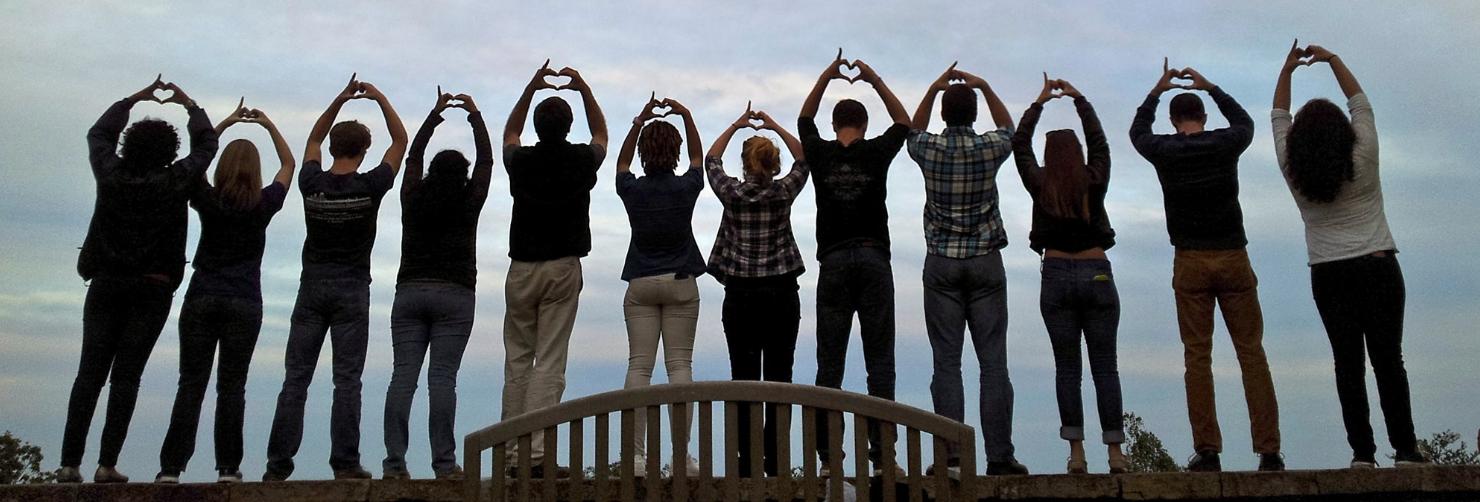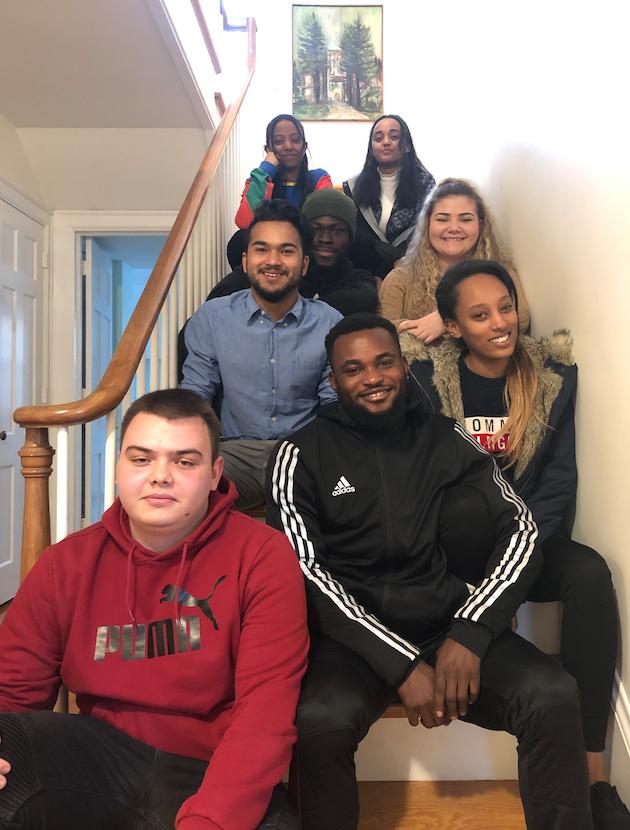
3 minute read
Engaging in Politics
The Bonner Program: Proven Impact Findings from the Bonner Student Impact Survey
Do Students Engage in Politics? Highlighted Political Experiences Civic engagement is another Bonner Common Commitment. It can be defined, as Thomas Ehrlich did in Civic Responsibility and Higher Education, as: "working to make a difference in the civic life of our communities and developing the combination of knowledge, skills, values and motivation to make that difference. It means promoting the quality of life in a community, through both political and non-political processes” (Ehrlich, 2000, p. vi). To support students to acquire civic knowledge and the skills of political engagement, many programs provide training in topics like understanding public policy, voter education, and social action. In their weekly engagement with community partners, most students focus on meeting the needs of people, communities, and the environment. Working on policy or with government partners is less common but may occur developmentally or through summer internships. Earlier research suggests that students’ interest and awareness of politics is increasing through service, education, and reflection. Studies in the field more broadly, such as a twelve campus study by Colby, Beaumont, Ehrlich, and Stephens (2003) have found that community-engaged programs with a social justice orientation do increase students’ democratic knowledge and participation. Here, the Student Impact Survey sought to understand the way in which students’ political engagement is being shaped by the combination of their Bonner Program and campus experiences. Given some programs' funding (i.e., especially those that receive government grants) and campus restrictions on engaging students in politics, programmatic involvement in political engagement is not as widespread across the network. Still, when asked about how their Bonner Program helped them to learn and engage politically: • 64 percent of Senior Bonners reported that the Bonner Program involved helping them maintain an awareness of local, national and/or global current events and political news. Another 26 percent report doing this on their own. • 44 percent of Senior Bonners reported that the Bonner Program helped them promote initiatives (advocacy, fundraising, volunteer programs, etc) that directly support political agenda(s) that I believe promote social justice (e.g., racial, environmental, economic, etc.). Another 18 percent report doing this on their own. • 44 percent of Senior Bonners reported that the Bonner Program helped them learn how local and government offices are organized in order to help community residents access support and services. Another 17 percent report doing this on their own. “Working at my state representative's office during my second summer…motivated me to pursue a career in law.” - Bonner Senior
Advertisement
Activities That Promote Democratic Engagement
Within many Bonner Programs, structured activities provide students with opportunities to learn about and become more engaged in democratic and political engagement. Seniors completing the survey reported that:
• 28% of seniors had participated in advocacy or campaign events, such as a lobbying day or social action course; • 72% of seniors had participated in training or courses led by Bonner Administrators (staff and/ or faculty.
Between first year and senior year, the Student Impact Survey found statistically significant gains in students' political awareness and engagement. The items for Political Engagement were most strongly associated with those for Civic Engagement, followed by Bonner Community Connectedness and Academic Integration. Some campuses offer courses on social action, modeled after one at San José State University.
Views Are Reflective of Generation Z
Current research about youth between 7-22 years finds that they are more politically progressive and liberal in their views, especially social views. Pew Research Center finds that youth born after 1996:
• 70% believe that the government should do more to solve problems; • 62% believe that increasing racial and ethnic diversity is good for society; • 35% say they personally know someone who prefers that others refer to them using gender-neutral pronouns (compared to 25% of Millennials and 16% of Gen Xers); • And 43% of Gen Z Republicans and 82% of Gen Z Democrats say that Blacks are not treated fairly (Pew, 2019).
When asking Bonner seniors about their political views, 58% identified as Democrats; 15% as Independents, 11% as Republican, 2% as Green, and 13% with no affiliation. The chart below captures how students identified their political preferences.
Bonner Seniors’ Political Preferences

Activities like advocacy or campaign events (.365**); courses on issues and solutions (.190**); and trainings or courses led by Bonner administrators (.181**) were also found to be significantly correlated with gains in political participation.








